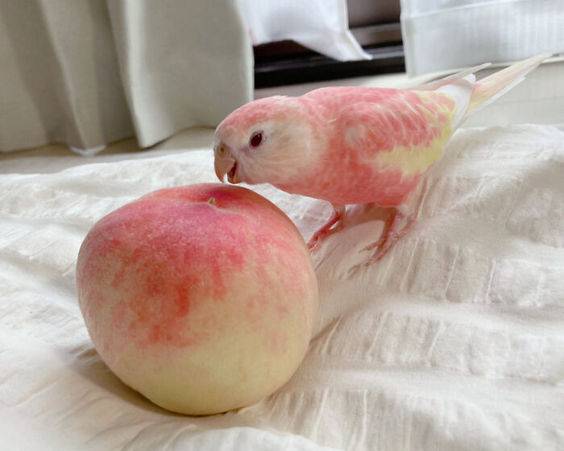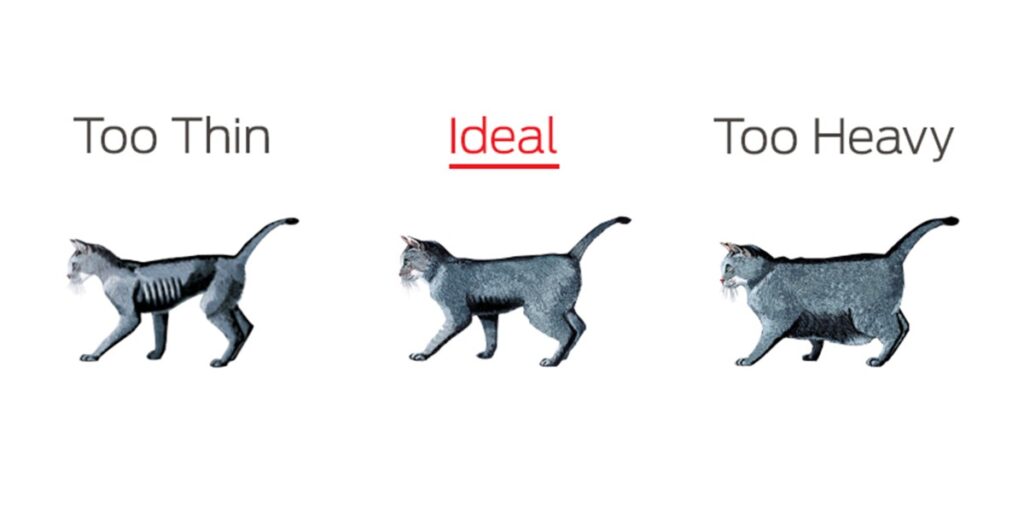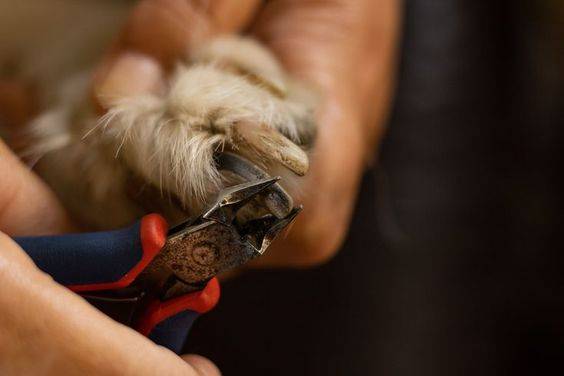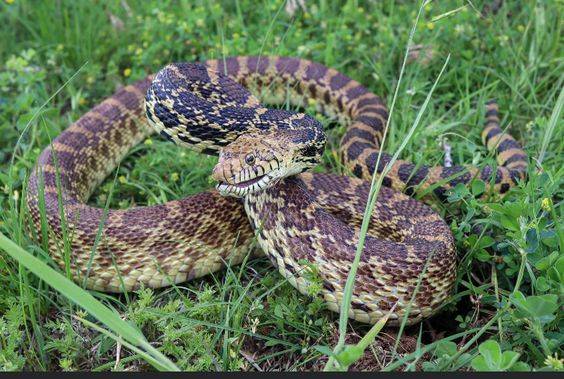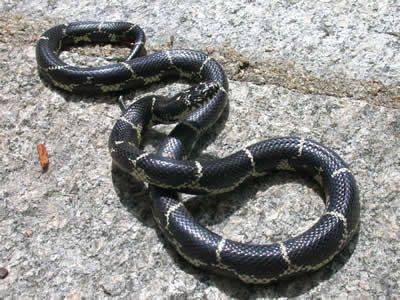Birds are enchanting creatures, and as pet owners, we strive to provide them with the best care possible. A crucial aspect of their care is nutrition. The right diet not only ensures their health and longevity but also enhances their plumage and keeps them active and happy. In this comprehensive guide, we delve into the various types of birds food available, what to consider when choosing birds food, and how to ensure your feathered friend receives a balanced diet. Welcome to Your Pet Diary’s proper guide on birds food.
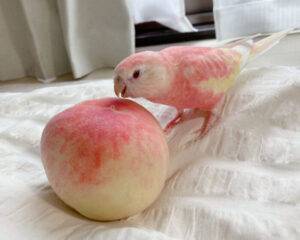
Understanding Bird Nutrition
Birds, like humans, require a balanced diet to thrive. Their nutritional needs vary depending on species, age, health status, and activity level. Here are the fundamental nutrients that should be present in their diet:
1. Proteins
Proteins are essential for growth, muscle development, and tissue repair. Birds get their protein from seeds, nuts, legumes, and some insects.
2. Carbohydrates
Carbohydrates provide the energy birds need to fly, forage, and perform other activities. Sources include grains, fruits, and vegetables.
3. Fats
Fats are crucial for energy storage, insulation, and hormone production. Birds in the wild often consume high-fat foods such as seeds and nuts, particularly during colder months.
4. Vitamins and Minerals
Vitamins like A, D, E, and K, along with minerals such as calcium, phosphorus, and iodine, play vital roles in various bodily functions, from bone health to feather maintenance and immune system support.
5. Water
Adequate hydration is critical for all bodily functions.
Types of Birds Food
Birds food comes in various forms, each catering to different species and dietary needs.
1. Seeds and Nuts
Seeds are a staple in many birds’ diets. They are rich in fats and proteins. Common seeds include sunflower seeds, millet, and safflower seeds. Nuts, like almonds and walnuts, are also favored by many birds but should be given in moderation due to their high-fat content.
2. Pellets
Pellets are formulated to provide balanced nutrition. They contain a mix of grains, seeds, vegetables, and fruits. They are designed to prevent selective feeding, ensuring birds receive all necessary nutrients.
3. Fruits and Vegetables
Fresh fruits and vegetables provide vitamins, minerals, and fiber. Safe options include apples, carrots, berries, and leafy greens. Avoid avocados, onions, and chocolate, as these can be toxic to birds.
4. Insects and Mealworms
For insectivorous birds, insects and mealworms are excellent protein sources. These can be offered live, dried, or in the form of insect-based pellets.
5. Grains and Legumes
Grains like rice, oats, and barley, along with legumes such as lentils and beans, are great sources of carbohydrates and proteins. Cooked legumes should be offered to make them digestible.
6. Supplements
Sometimes, dietary supplements are necessary to ensure birds get all the nutrients they need. Calcium supplements, for instance, are crucial for egg-laying birds to prevent deficiencies.
Choosing the Right Birds Food
Selecting the right food for your bird can be overwhelming due to the variety of options available. Here are some factors to consider:
1. Species-Specific Diets
Different bird species have unique dietary requirements. Parrots, canaries, finches, and cockatiels all have different nutritional needs. Research your bird’s species to understand its specific diet.
2. Age and Health
Young birds, breeding birds, and those with health issues may need specialized diets. For example, growing birds require more protein, while older birds might need lower-fat diets.
3. Quality and Freshness
Always choose high-quality, fresh food. Check expiration dates and store food properly to maintain its nutritional value.
4. Variety and Balance
Combining seeds, pellets, fruits, and vegetables can help meet all nutritional needs and prevent boredom.
5. Avoiding Toxic Foods
As mentioned earlier, avocados, chocolate, caffeine, alcohol, and certain plants should never be fed to birds.
Preparing and Serving Birds Food
How you prepare and serve birds food is as important as the food itself. Here are some tips:
1. Cleanliness
Always wash fruits and vegetables thoroughly to remove pesticides and chemicals. Clean feeding dishes daily to prevent bacterial growth.
2. Size and Texture
Cut food into appropriate sizes to prevent choking, especially for smaller birds. Some birds prefer certain textures, so observe your bird’s preferences.
3. Feeding Schedule
Establish a regular feeding schedule. Most birds benefit from being fed twice a day. Remove uneaten food before it spoils.
4. Foraging Opportunities
Encourage natural foraging behaviors by hiding food or using foraging toys. This provides mental stimulation and exercise.
Inference
Providing the right diet for your bird is essential for their health, happiness, and longevity. By understanding their nutritional needs, offering a variety of foods, and monitoring their health, you can ensure your feathered friend thrives. Remember, each bird is unique, so always tailor their diet to their specific requirements.
Thank you for reading Your Pet Diary’s guide on birds food. With the right care and nutrition, your bird will soar to new heights of health and happiness. Keep exploring, learning, and nurturing your pet – your dedication makes all the difference.

